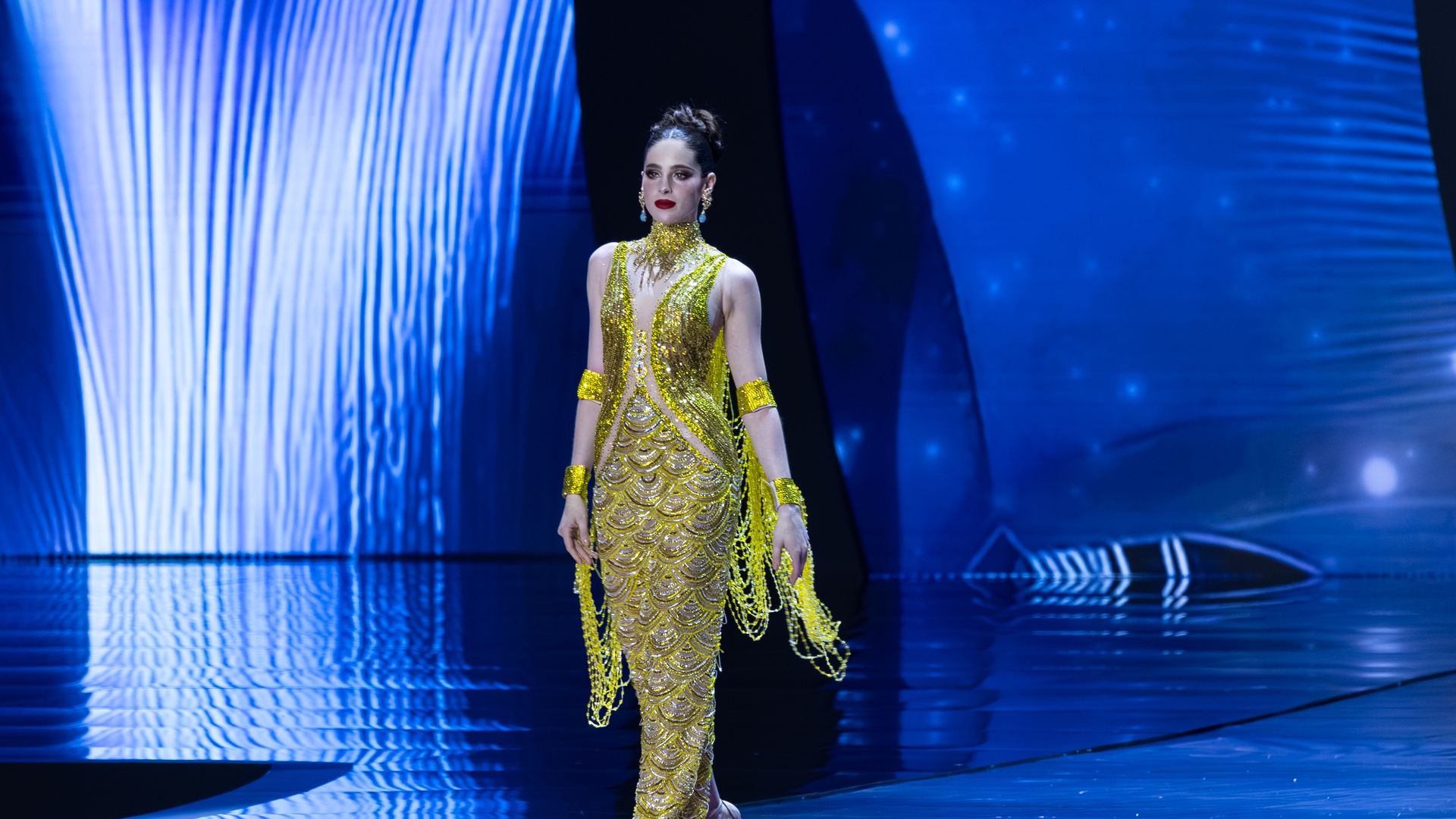When Fátima Bosch Fernández walked away with the Miss Universe 2025 crown, she probably expected glitter, interviews, and designer gowns. What she didn’t expect was a wave of online harassment intense enough to shake anyone’s confidence. Instead of hiding, she did the most powerful thing a woman under attack can do, which is to raise her voice.
Her Instagram stories, shared just hours after the bullying escalated, turned her personal pain into a message heard around the world. And the way she did it was in a bold, heartfelt, and unmistakable clarity of a woman who knows exactly who she is.
Speaking as a Woman
Fátima didn’t speak as a beauty queen. She spoke as a woman. In her posts, she opened up about the insults, attacks, and even death threats she received following her win. “Today I want to raise my voice not as a beauty queen, but as a woman. A woman who, like millions around the world, has experienced firsthand the violence born from hatred, misinformation, and the inability of some to see a woman shine without feeling threatened," she wrote in Spanish.
Her words highlighted how sometimes violence shows up as digital hate. And she refused to let any of it silence her. “In the last few days I have received insults, attacks, and even death wishes for one single reason: because I won. Because a woman with dreams, preparation, and heart decided to stand up and fight for what she loves," she added. "Today I want to turn this experience into a message: violence against women doesn’t always appear in the form of blows. Sometimes it shows up in words, in digital hatred, in mockery, in campaigns meant to destroy our dignity.”
She Isn’t Defined By the Attacks
What made her message so compelling is the strength beneath it. Her identity comes from her integrity, resilience, and the love she carries for women around the world. “No attack will make me kneel. No insult will extinguish my purpose," she said. “Because when one woman raises her voice, we all raise our voices. When one woman resists, we all resist. When one woman wins, she opens the path for thousands more.”
She reminded victims that they are not alone, telling them, “I see you. I honor you. I use my voice for you.” For a title often misunderstood as purely glamorous, she reframed the crown as a responsibility. A symbol of advocacy. A megaphone she refuses to put down.
Fátima’s stance isn’t just about her. It’s about the millions of women who’ve been told they’re “too much,” who’ve been discouraged from shining, who’ve been attacked simply for stepping forward instead of stepping back.
And she made it clear she won’t apologize for her light.
